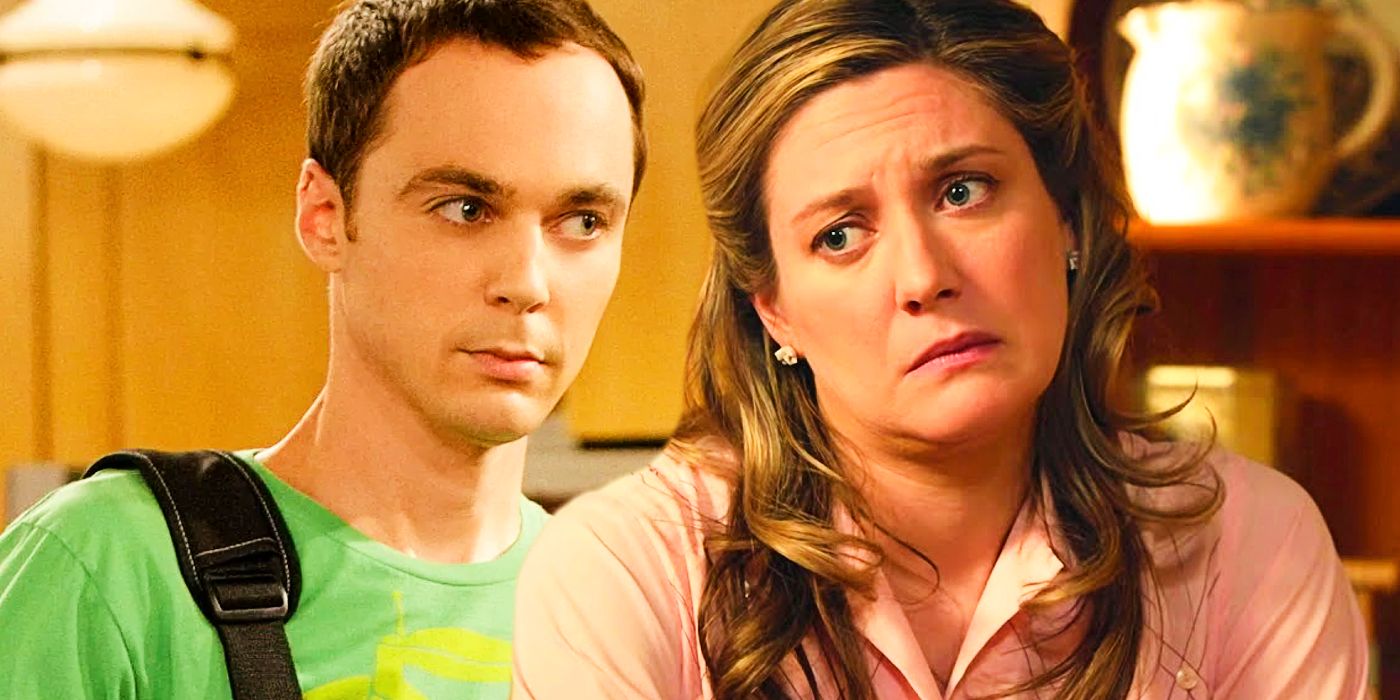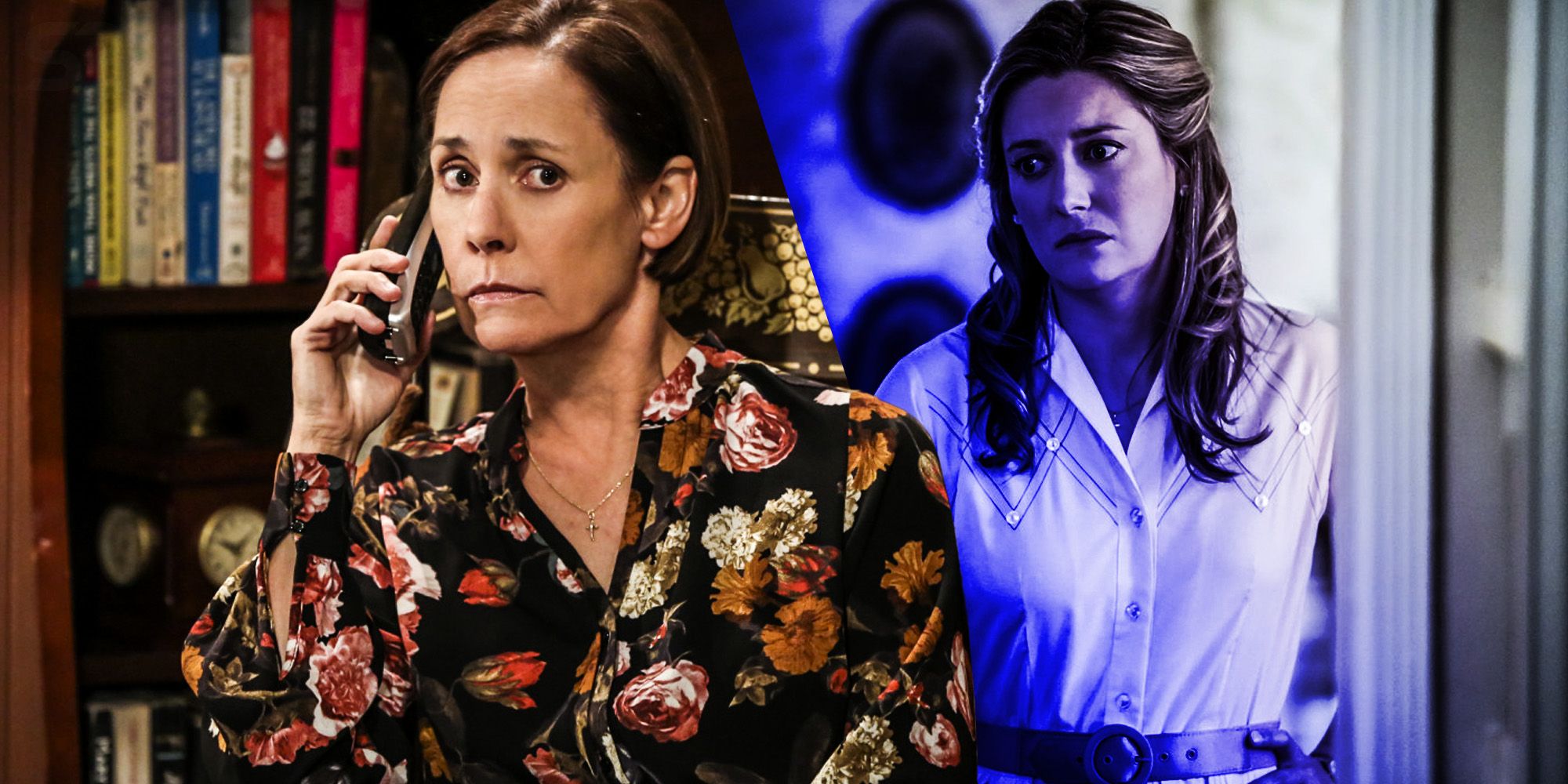A storyline in Young Sheldon season 5 subtly foreshadows one of The Big Bang Theory’s longest-running character arcs — namely, Sheldon’s gradual recovery from a near-total inability to cut loose and have fun. Like most spinoff sitcoms, Young Sheldon has an odd relationship with the show that inspired the series. Unlike The Conners, which retooled Roseanne without changing the show’s format or tone, Young Sheldon does not look or feel a lot like its franchise predecessor.
Both shows center around the titular character Sheldon Cooper, but The Big Bang Theory is a traditional, laugh-track-backed multi-camera hang-out sitcom about his friends and their misadventures. In contrast, Young Sheldon is a single-camera period family sitcom about the title character’s dysfunctional clan and his awkward adolescence. However, despite these evident differences, Young Sheldon does manage to set up some of The Big Bang Theory’s most important character arcs in its plots.
For example, Sheldon’s obsession with his spot was explained in one Young Sheldon season 5 episode that saw the show’s star struggle with having to share a room with his sister. Furthermore, Young Sheldon’s focus on Sheldon’s mother Mary and her inability to loosen up and have fun due to her intense religious convictions foreshadows the arc that eventually comes to define Sheldon’s character across the nine seasons of The Big Bang Theory. Although Leonard and Penny’s romance was one of the show’s defining stories, as its breakout character, Sheldon’s slow journey to loosening up and chilling out was another character arc for the hit series.
By focusing on the humorless demeanor of Mary, Young Sheldon sets up Sheldon’s personality a generation earlier. Although the character is eventually played by another actor (The Conners star Laurie Metcalf) in her older Big Bang Theory iteration, Sheldon’s mother is still essentially the same strict, self-serious figure in both shows. Sheldon’s own personality is largely inherited from the mother who he looks up to despite her religious beliefs, with him eschewing his father George’s happy-go-lucky attitude and following in Mary’s footsteps instead.
This means that the Sheldon of the Big Bang Theory is often accused of being sanctimonious, devoid of humor, and a bore (and not without reason) by his friends and colleagues. The storyline of Young Sheldon’s “A Free Scratcher and Feminine Wiles” (season 5, episode 14) sees Mary indulge in these same tendencies, alienating her family when she refuses to spend her lottery winnings due to her moral issues with the premise of gambling. Young Sheldon, like The Conners, centers on a working-class family for whom five hundred dollars is a very significant windfall, making Mary’s refusal to entertain the notion of claiming her winnings frustrating for her husband and children alike. The Young Sheldon plot offers a solid answer for where Sheldon’s lack of levity and absolute conviction in his moral superiority come from in The Big Band Theory, despite the character not also inheriting his mother’s attendant religious beliefs.


